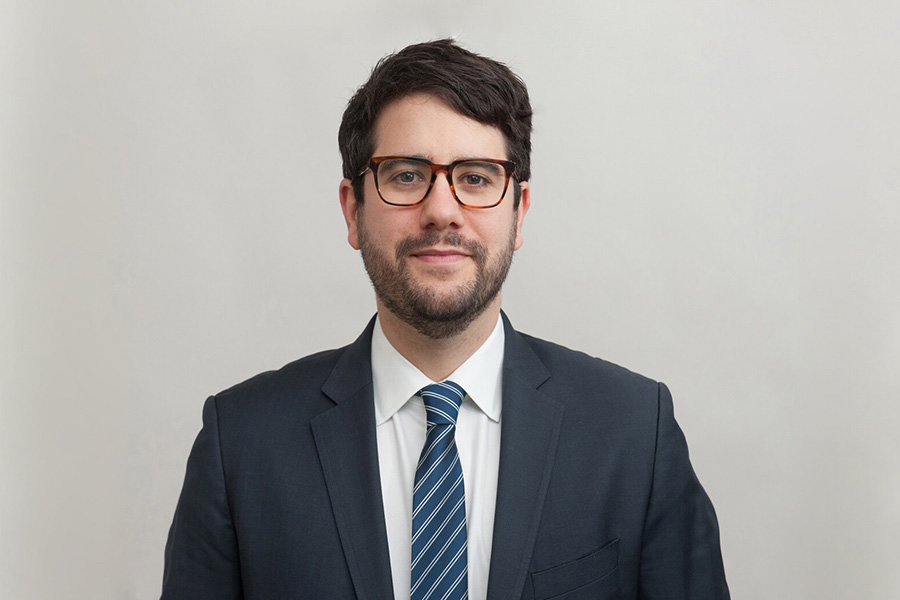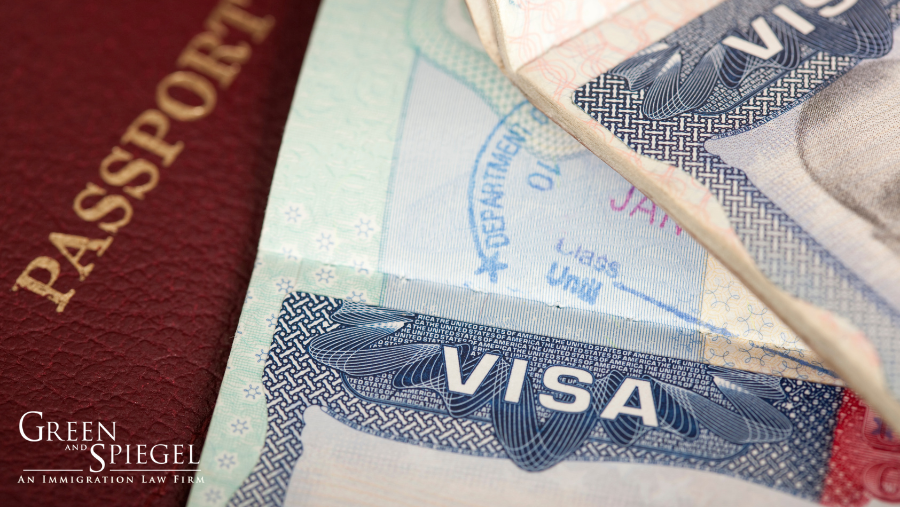Quick Takeaways:
- No changes in effect currently.
- Proposed suspension of issuing H-1B, L-1, J-1, and H-2B Visas for the remainder of 2020.
- Would not impact individuals within the United States, unclear how it will impact those who already have these visas.
- Broad exceptions for foreign nationals whose admission would be in the national interest.
- Will update after reviewing the signed Executive Order.
As previewed in his April Executive Order suspending the issuance of Immigrant Visas abroad, and as has been widely speculated over the past few weeks, President Trump confirmed on Saturday (June 20) that he will sign an Executive Order halting the issuance of H-1B, L-1, J-1, and H-2B Visas in the coming days. Issued under the pretense of protecting the tens of millions of American workers who have filed for unemployment due to COVID-19, the Orderwill cut-off visas for specialty occupation workers (H-1B); intracompany transfers (L-1); research scholars and interns, amongst others (J-1); and temporary/seasonal workers (H-2B), until at least the end of the year. As has been the case with other travel restrictions, there will be broad exceptions for workers deemed to be in the national interest.
According to sources with knowledge of the Executive Order’s content, it will not impact individuals in the United States seeking a change to these visa classifications, or those whom already hold such status. Instead, it would limit individuals seeking to apply for these visas at U.S. Consulates abroad, which have been closed for routine, in-person visa services for more than three months (but which may reopen soon). This approach would be consistent with the statutory basis underpinning President Trump’s rash of Executive Orders banning certain individuals from entering the United States, as Section 212(f) of the Immigration and Nationality Act (as most recently interpreted in the Supreme Court’s decision to uphold the most recent version of Trump’s Muslim Ban) grants the President much wider authority to restrict the admission of foreign nationals outside the United States.
Of course, there are many lingering questions that we will only be able to answer once the Executive Order arrives. We are not sure whether additional visa classifications will be lumped-in, or if it will impact all types of L-1 Visas (i.e. – for L-1A executives/managers and/or L-1B specialized knowledge workers) or J-1 Visas (e.g., there are discussions that J-1 au pairs may be excluded from the order). Similarly, it is unclear whether individuals with valid visas will continue to be able to travel with them through their period of duration, or if they will only be protected as long as they are physically present in the United States.Likewise, we cannot say for certain if/how it will limit citizens of Canada and Bermuda, who are largely exempt from securing a U.S. visa. And as always, it remains to be seen how long the suspension will be in effect, or if litigation will halt the Executive Order before it has time to take effect.
As such, we will update our Blog as soon as we receive the text of the Executive Order, and thereafter as we learn more. To get the latest from our Team, please sign up for our E-Alerts. And as always, we are always a phone call or email way, so please do not hesitate to reach out if you have any other questions or concerns. We are here for you in these uncertain times.





